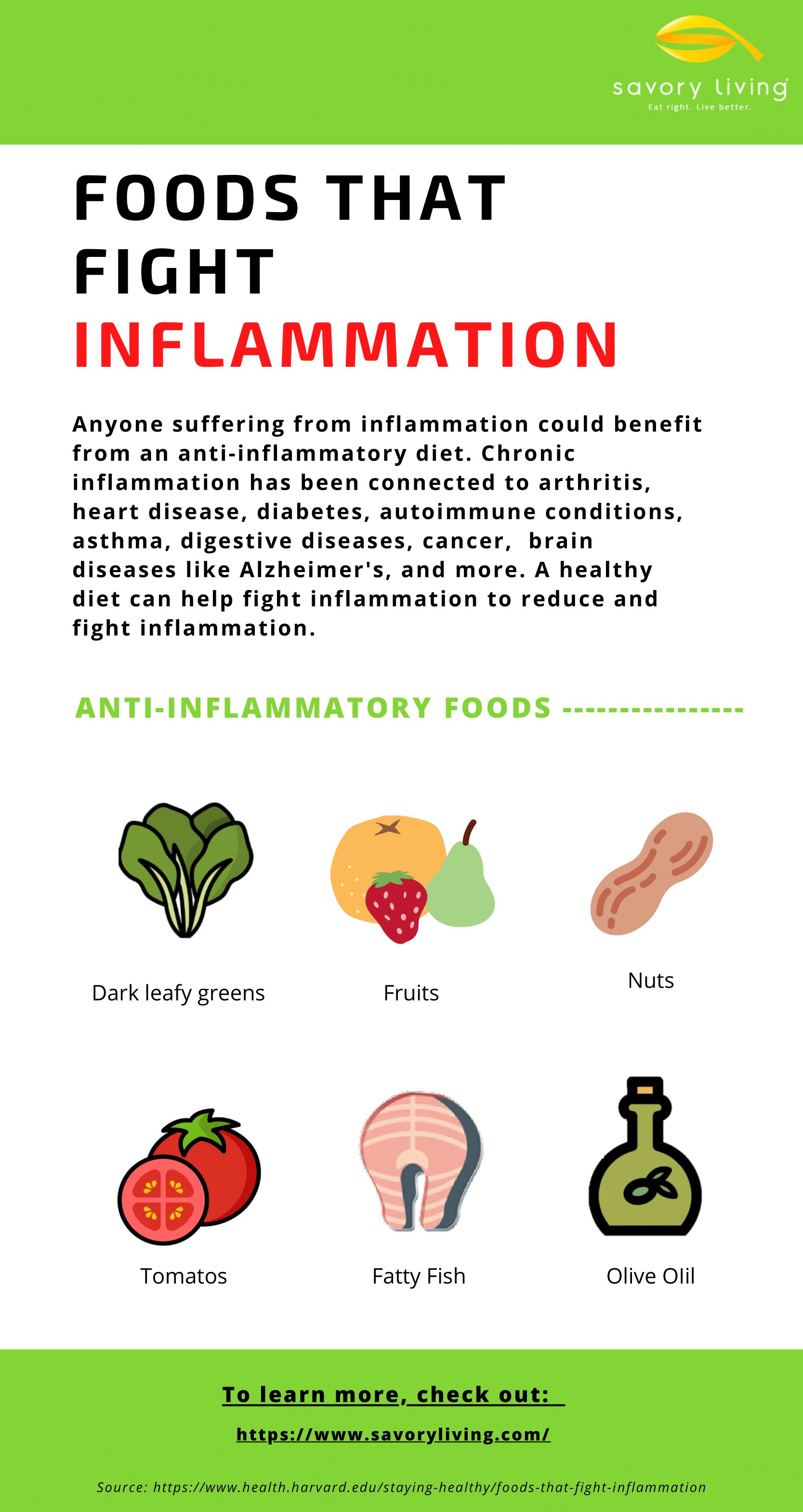How to Choose Organic Vegetables for an Anti-Inflammatory Diet

Are you tired of feeling sluggish and dealing with chronic inflammation? It's time to take control of your health by choosing the right organic vegetables for your anti-inflammatory diet. Imagine your body as a garden—what you plant and nurture will grow. By selecting the right organic produce, you can reduce inflammation, boost your energy, and cultivate a healthier you. Let's dive into the world of organic vegetables and discover how to make the best choices for your diet.
Understanding Inflammation and Its Impact on Your Health
Inflammation is your body's natural response to injury or infection. However, chronic inflammation can lead to various health issues, including heart disease, diabetes, and even cancer. The good news is that you can combat inflammation through your diet. By choosing the right organic vegetables, you can reduce inflammation and promote overall well-being.
The Benefits of Choosing Organic Produce
Organic vegetables are grown without the use of synthetic pesticides, fertilizers, or genetically modified organisms (GMOs). This means they are not only better for the environment but also for your health. Organic produce is often richer in nutrients and antioxidants, which can help reduce inflammation and support a healthy diet.
Tips for Selecting the Best Organic Vegetables
1. Look for the USDA Organic Seal
When shopping for organic vegetables, always look for the USDA Organic seal. This certification ensures that the produce meets strict organic standards. It's your guarantee that the vegetables are free from synthetic pesticides and GMOs.
2. Choose Colorful Vegetables
The more colorful your plate, the better. Different colors indicate different nutrients. For example, red and orange vegetables like bell peppers and carrots are rich in vitamins A and C, while green vegetables like spinach and kale are packed with iron and calcium. Aim for a rainbow of colors to maximize your nutritional benefits.
3. Opt for Seasonal Produce
Seasonal vegetables are not only fresher and tastier but also more nutritious. They are harvested at their peak ripeness, ensuring you get the most out of their nutritional benefits. Plus, buying seasonal produce supports local farmers and reduces your carbon footprint.
4. Prioritize Anti-Inflammatory Vegetables
Some vegetables are particularly effective at reducing inflammation. These include leafy greens like spinach and kale, cruciferous vegetables like broccoli and cauliflower, and root vegetables like sweet potatoes and beets. Incorporating these into your diet can help combat inflammation and support a healthy lifestyle.
5. Read Labels Carefully
Even organic vegetables can be processed or contain added ingredients. Always read the labels carefully to ensure you are getting the purest form of the vegetable. Avoid products with added sugars, preservatives, or artificial flavors.
Top Anti-Inflammatory Vegetables to Include in Your Diet
Leafy Greens
Leafy greens like spinach, kale, and Swiss chard are packed with vitamins, minerals, and antioxidants. They are particularly rich in vitamins A, C, and K, which are essential for reducing inflammation and supporting overall health.
Cruciferous Vegetables
Cruciferous vegetables like broccoli, cauliflower, and Brussels sprouts are known for their anti-inflammatory properties. They contain compounds like sulforaphane, which has been shown to reduce inflammation and protect against chronic diseases.
Root Vegetables
Root vegetables like sweet potatoes, beets, and carrots are not only delicious but also highly nutritious. They are rich in fiber, vitamins, and minerals, which can help reduce inflammation and support a healthy diet.
Allium Vegetables
Allium vegetables like garlic, onions, and leeks contain powerful anti-inflammatory compounds. They are rich in sulfur compounds, which have been shown to reduce inflammation and support heart health.
How to Incorporate Organic Vegetables into Your Diet
Start with Breakfast
Why not start your day with a nutritious green smoothie? Blend spinach, kale, banana, and almond milk for a refreshing and anti-inflammatory breakfast. You can also add vegetables to your omelets or scrambled eggs for an extra boost of nutrients.
Make Salads a Staple
Salads are a great way to incorporate a variety of organic vegetables into your diet. Mix leafy greens with colorful vegetables like bell peppers, carrots, and cucumbers. Add a protein source like grilled chicken or tofu, and dress it with a healthy vinaigrette.
Cook with Vegetables
Incorporate organic vegetables into your main dishes. Stir-fry broccoli, cauliflower, and bell peppers with your favorite protein. Roast sweet potatoes, beets, and carrots for a hearty side dish. The possibilities are endless!
Snack Smart
Instead of reaching for processed snacks, opt for organic vegetables. Carrot sticks, bell pepper slices, and cucumber rounds make for great snacks. Pair them with hummus or a healthy dip for added flavor.
Conclusion
Choosing the right organic vegetables for your anti-inflammatory diet is a crucial step towards better health. By understanding the benefits of organic produce, selecting the best vegetables, and incorporating them into your diet, you can reduce inflammation and support a healthy lifestyle. Remember, your body is a garden—nurture it with the right choices, and watch it flourish.
FAQs
What are the benefits of an anti-inflammatory diet? An anti-inflammatory diet can help reduce chronic inflammation, which is linked to various health issues like heart disease, diabetes, and cancer. It can also improve energy levels, support weight loss, and promote overall well-being.
Why should I choose organic vegetables? Organic vegetables are grown without synthetic pesticides, fertilizers, or GMOs. They are often richer in nutrients and antioxidants, making them a healthier choice for your diet.
What are some of the best anti-inflammatory vegetables? Some of the best anti-inflammatory vegetables include leafy greens like spinach and kale, cruciferous vegetables like broccoli and cauliflower, root vegetables like sweet potatoes and beets, and allium vegetables like garlic and onions.
How can I incorporate more vegetables into my diet? You can incorporate more vegetables into your diet by starting your day with a green smoothie, making salads a staple, cooking with vegetables, and snacking on raw vegetables with healthy dips.
What should I look for when buying organic vegetables? When buying organic vegetables, look for the USDA Organic seal, choose colorful and seasonal produce, prioritize anti-inflammatory vegetables, and read labels carefully to avoid added ingredients.


By following these tips and incorporating organic vegetables into your diet, you can reduce inflammation, boost your energy, and cultivate a healthier you. Happy eating!

Belum ada Komentar untuk "How to Choose Organic Vegetables for an Anti-Inflammatory Diet"
Posting Komentar